Rudolph’s Carrot Patch Cakes Recipe for Kids in Bali | Try It Now!
Looking for a fun, kid-friendly recipe that adds a touch of Bali’s charm to your holiday table?
Rudolph’s Carrot Patch Cakes are the perfect treat! With a blend of wholesome ingredients and tropical inspiration, this recipe is a delightful activity for families vacationing in Bali or living on the island. Let’s get started on this playful culinary adventure!
Table of Contents
What Are Rudolph’s Carrot Patch Cakes?
Rudolph’s Carrot Patch Cakes are mini carrot cakes decorated with fun, holiday-themed toppings.
Designed for kids, these cakes are a perfect balance of health and indulgence, making them an ideal treat for families.
Balinese Inspiration for Carrot Patch Cakes
Incorporating tropical elements like coconut flakes, fresh Balinese carrots, and a hint of nutmeg, this recipe gives a festive twist to the traditional carrot cake.
Using local ingredients not only enhances the flavor but also connects the dish to Bali’s vibrant culture.
Ingredients for Kid-Friendly Carrot Cakes
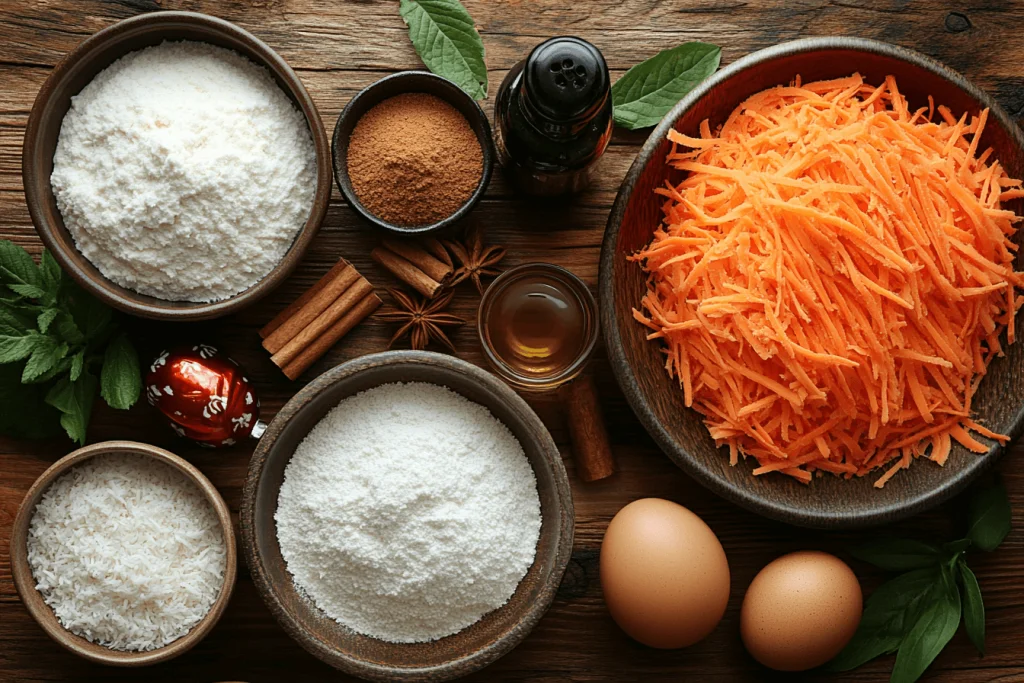
Cake Ingredients:
150g finely grated carrots (fresh from Bali markets)
100g all-purpose flour
75g brown sugar
1 tsp baking powder
1 tsp ground cinnamon
½ tsp nutmeg (optional)
2 large eggs
50ml coconut oil
1 tsp vanilla extract
Decorations:
100g cream cheese frosting
Shredded coconut for snow effect
Edible red and green decorations (available at Bali baking shops)
Step-by-Step Guide to Baking Carrot Patch Cakes
Step 1: Gather the Ingredients

Preheat your oven to 180°C (356°F). Grease a muffin tray or line it with festive cupcake liners.
Step 2: Prepare the Carrots
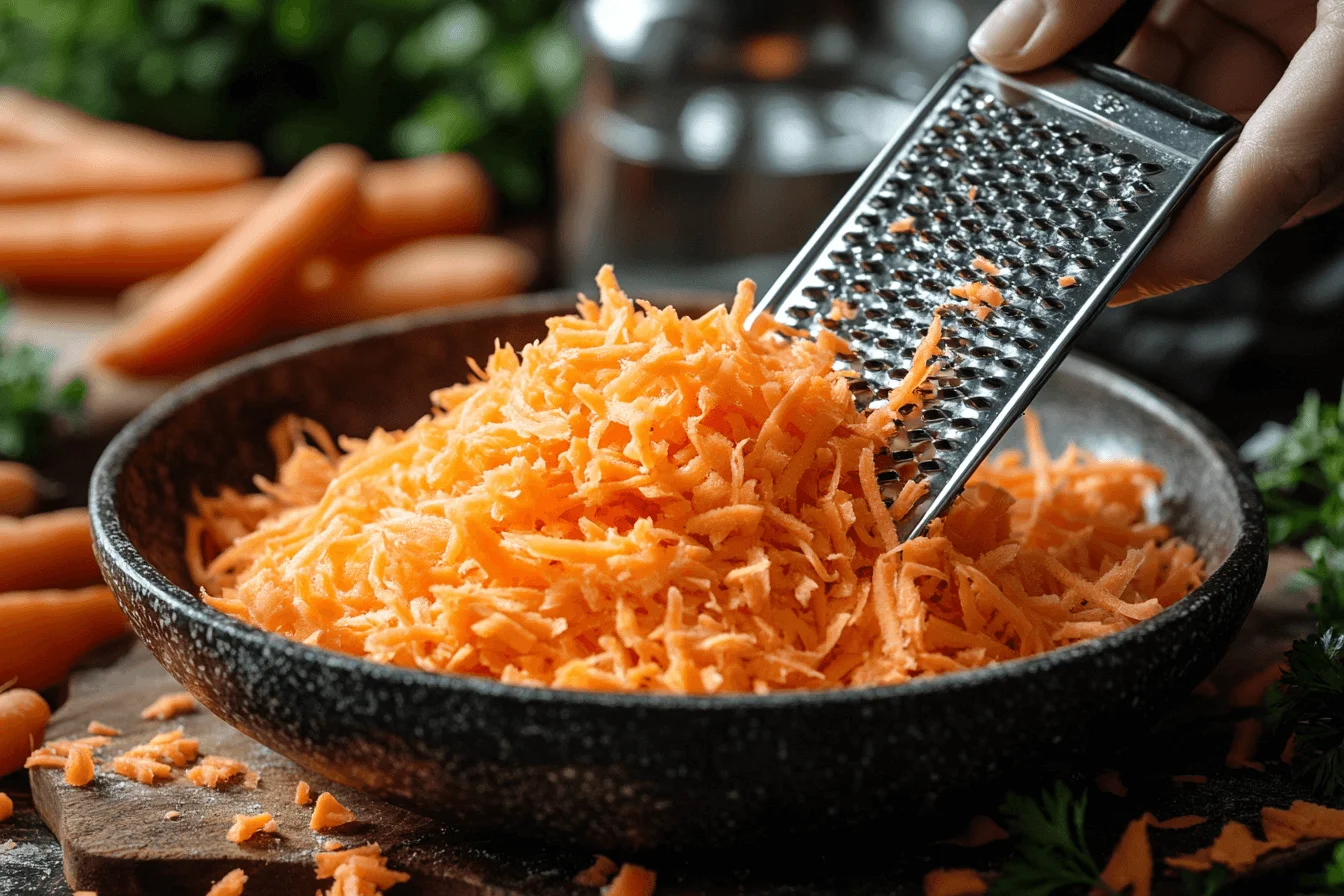
Finely grate the carrots to ensure they mix evenly into the batter.
Step 3: Mix the Dry Ingredients
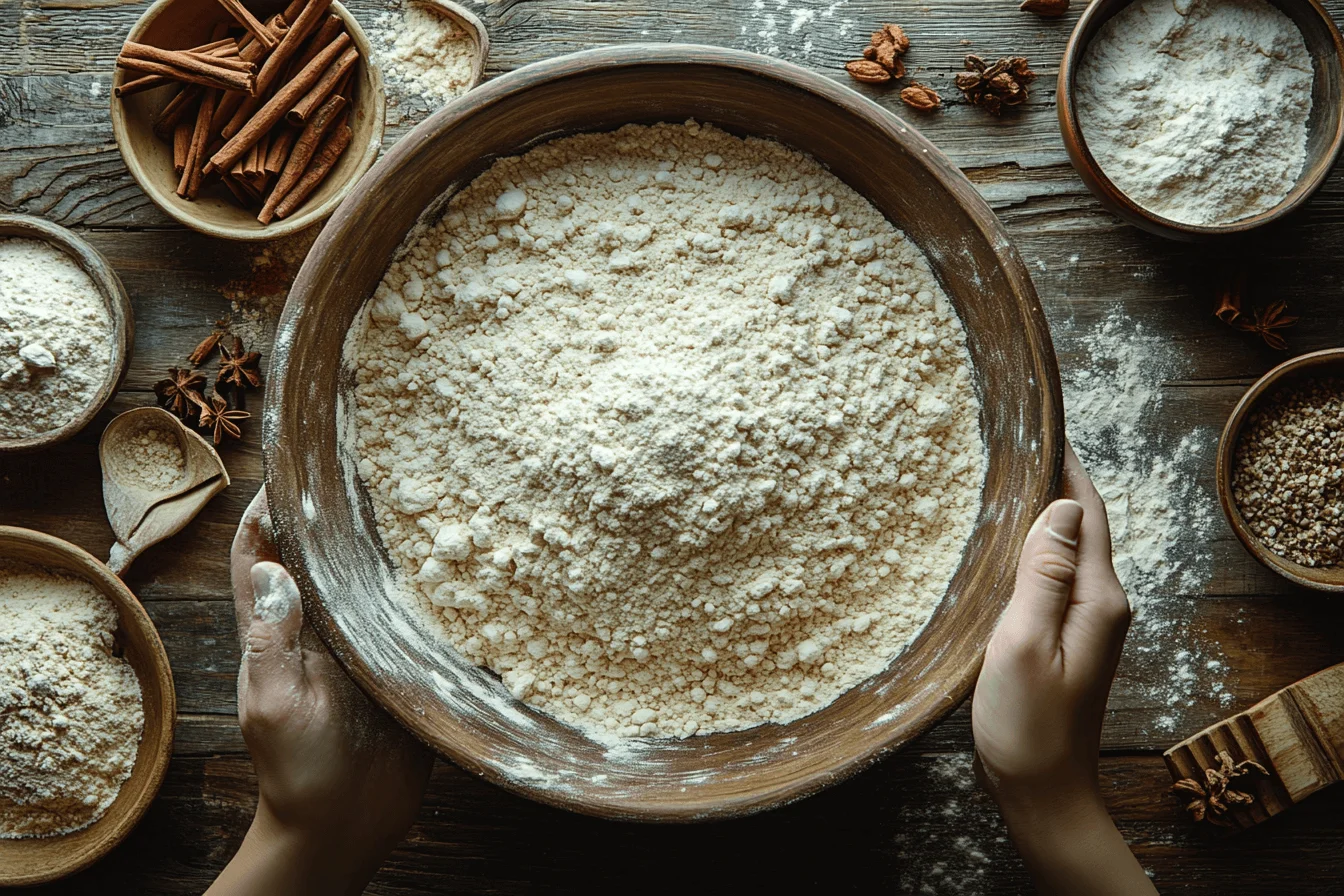
Sift the mixture to remove any lumps for a smoother batter.
Step 4: Mix the Wet Ingredients
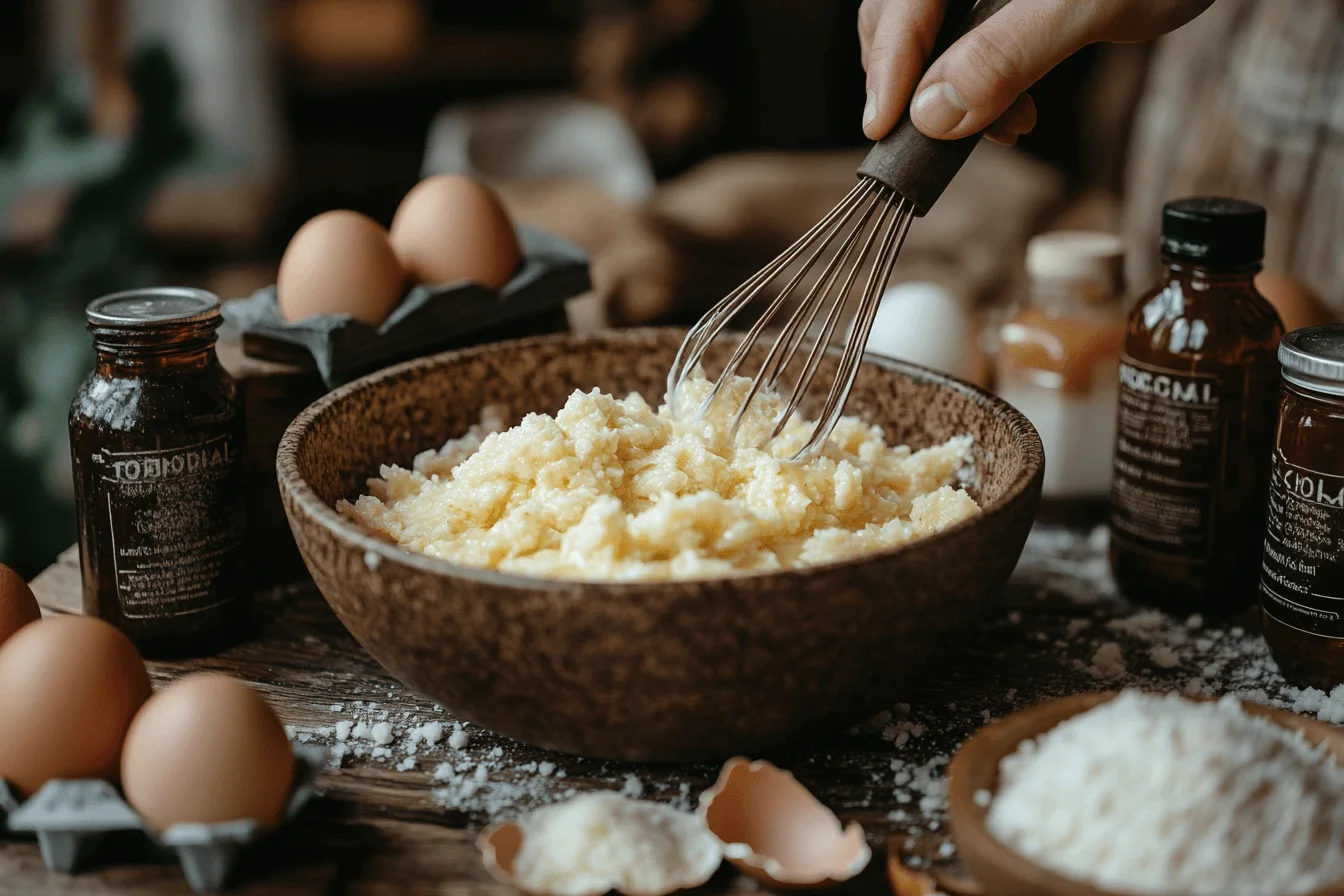
Step 5: Combine Wet and Dry Mixtures
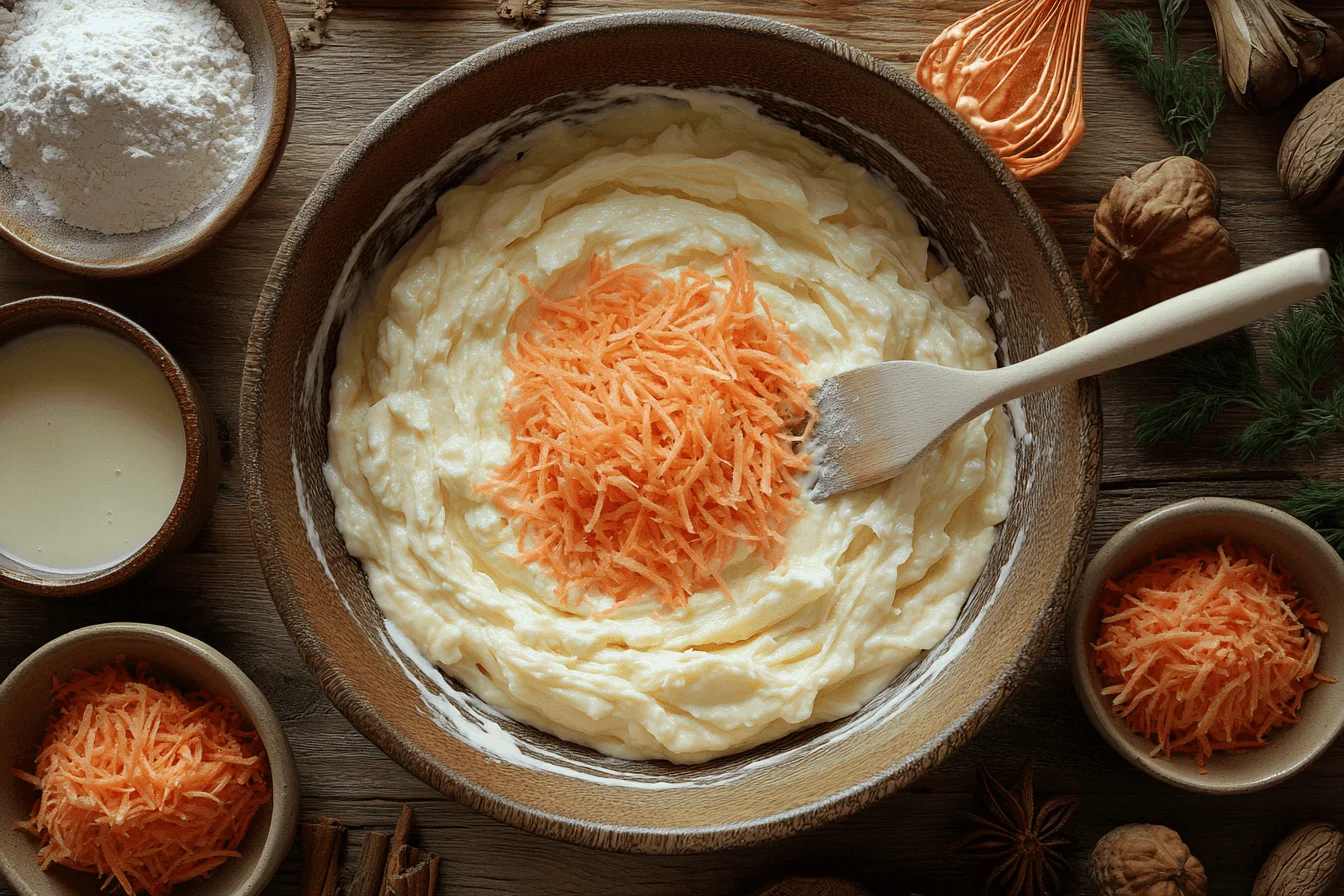
Fold in the grated carrots. Ensure the batter is evenly mixed but do not overmix, as this can affect the texture.
Step 6: Fill and Bake
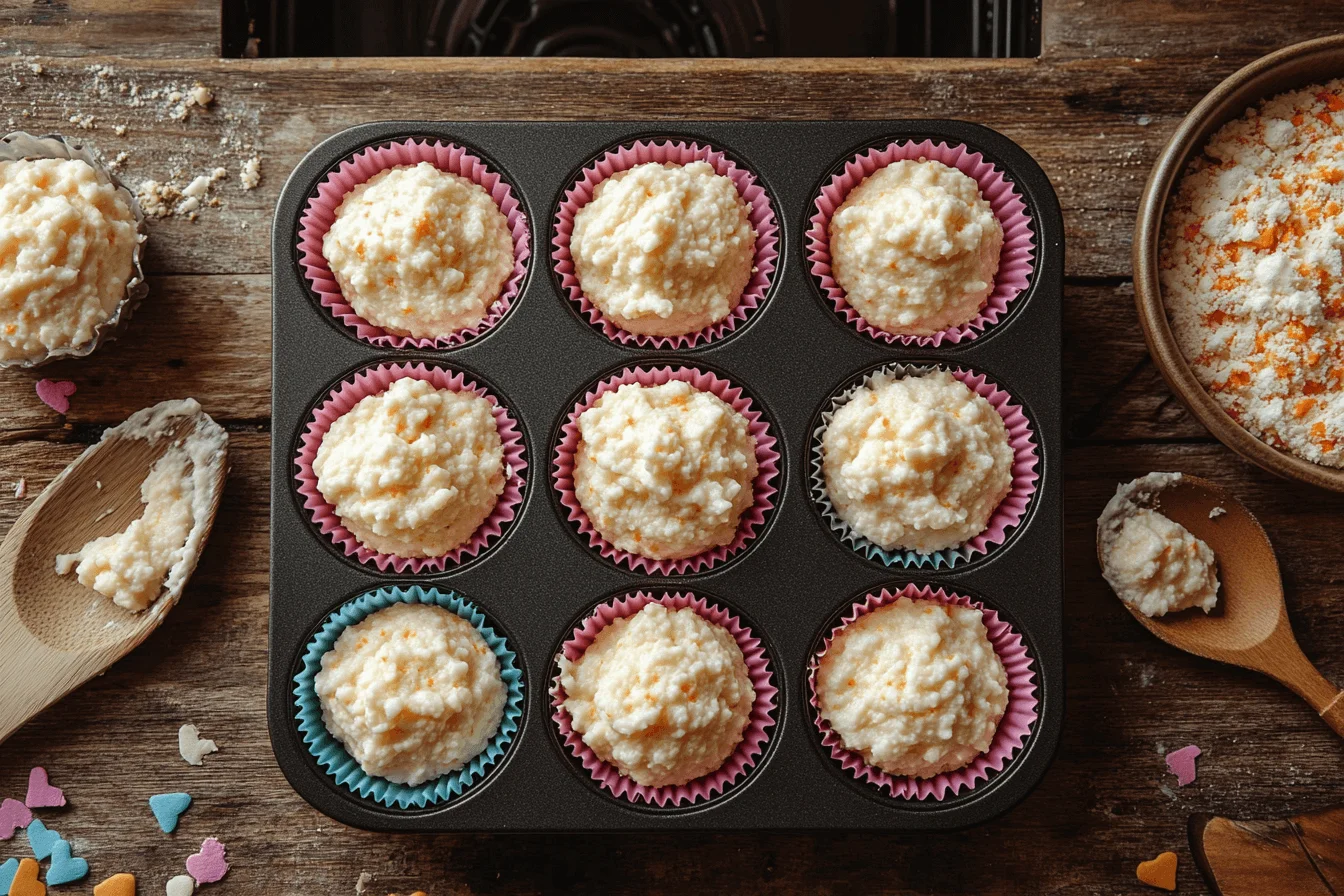
Bake for 18–20 minutes. Test by inserting a toothpick; if it comes out clean, the cakes are ready.
Step 7: Cool and Decorate

Spread cream cheese frosting over each cake using a spatula. Sprinkle shredded coconut for a snowy effect, and add edible red and green decorations to mimic a carrot patch.
Tips for Serving Bali-Style Carrot Cakes
Plating with Banana Leaves: Line your serving tray or individual plates with banana leaves. Trim the leaves into neat rectangles or circles. Score the surface with a knife to create a decorative pattern.
Decorate with Balinese Flowers: Surround the platter with fresh Balinese flowers like frangipani or bougainvillea. While decorative, avoid direct contact with the cakes to maintain hygiene.
Use Traditional Woven Baskets: Present the cakes in traditional Balinese woven baskets for an authentic touch. These baskets are often used in ceremonial offerings and add a rustic charm.
Coconut Shell Serving: Serve additional decorations or accompaniments, like tropical fruit slices, in small coconut shell bowls.
Tropical Fruit Sides: Pair the cakes with slices of mango, pineapple, or dragon fruit to add color and flavor, enhancing the tropical theme.
Nutrition Facts & Costs for Carrot Patch Cakes Recipe
Calories
180 kcal
Fat
8g
Iron
2mg
Fiber
2mg
Carbohydrates
24g
Protein
4g
Total Estimated Cost: IDR 75,000
FAQs about Rudolph’s Carrot Patch Cakes
Q1: Can I use traditional Balinese ingredients for the decorations?
A: Yes! You can use grated young coconut for the snowy effect or dye it with natural food colors from pandan leaves or butterfly pea flowers.
Q2: Are there specific Balinese markets to buy fresh ingredients?
A: Absolutely! Visit Badung Market in Denpasar or Ubud Market for high-quality, affordable produce like carrots, eggs, and coconut oil.
Q3: Can these cakes be adapted for Balinese ceremonies?
A: Yes! Serve the cakes on woven bamboo trays and add edible flowers like marigolds, which are commonly used in offerings.
Q4: How can I make this recipe more tropical for Bali?
A: Add grated pineapple or a hint of lime zest to the batter for a refreshing twist that complements the local flavors.

